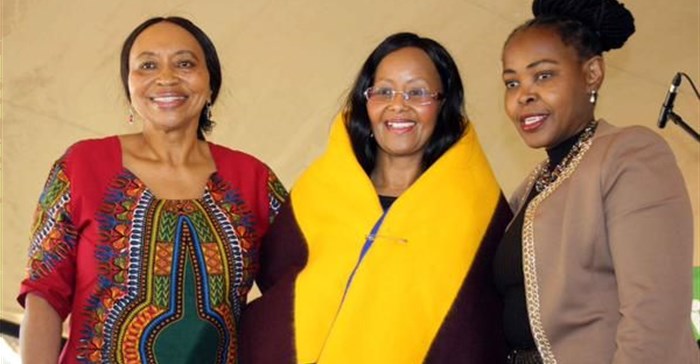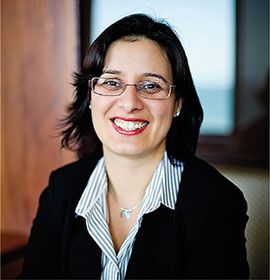
Related

Inaugural TourismX Brand Rankings announced
17 Feb 2026

Culinary tourism is a Western Cape jobs engine fit for growth
Brent Downard 2 Dec 2025


Land reform for tourism and conservation
30 Sep 2025


Top stories






More news
















“The latest Global Gender Gap Report, published annually by the World Economic Forum (WEF), has ranked South Africa at 15 out of 144 other countries in terms of its level of gender parity. While strides have been made in closing the gender gap, it will take 60 years for economic parity to be achieved. A factor impeding this is the predominance of women in low-skilled roles within the country’s labour force. This is evident within the tourism sector, where women make up nearly 70% of the industry’s workforce but hold less than 40% of all managerial positions, fewer than 20% of general management roles and only between 5% and 8% of board positions, according to the Department of Tourism,” says Geva.

Minister of Tourism, Tokozile Xasa, has previously stated that, although the tourism and hospitality sector has become an economic and social phenomenon - demonstrating above average growth since the 2009 economic crisis and being set to create 70m new jobs over the next 10 years, women continue to be marginalised in this lucrative sector. To address this, she launched a campaign earlier this year, dubbed WiT 30in5, to increase the proportion of women in tourism management positions to 30% in the next five years.
“Unfortunately, South Africa is not alone in its gender parity issues. For instance, the Workplace Gender Equality Agency (WGEA) has found that in the Australian hospitality industry, women earn 10.9% less than their male counterparts and only 9,8% of CEOs are women,” adds Geva.

“It is baffling that this is still the status quo both in South Africa and other countries around the world, given that studies have shown that having women in high ranking positions has a positive impact on organisational performance and profitability. For example, research by Catalyst - a non-profit organisation with a mission to accelerate the progress of women through workplace inclusion - found that Fortune 500 companies with the highest proportion of women on their boards performed significantly better than firms with the lowest. What’s more, the Peterson Institute for International Economics found a correlation between more female leaders in top leadership positions and increased financial profitability in their analysis of 21,980 firms in 91 countries,” continues Geva.
Geva concludes: “With PwC’s Hospitality Outlook: 2017-2021 noting that tourism is one of the fastest-growing sectors of the economy and the World Travel and Tourism Council forecasting that it will contribute R412,2bn to the country’s gross domestic product this year, and R624.2bn by 2027, will South African women be adequately included in this growth trajectory and indeed be united in moving South Africa forward?”